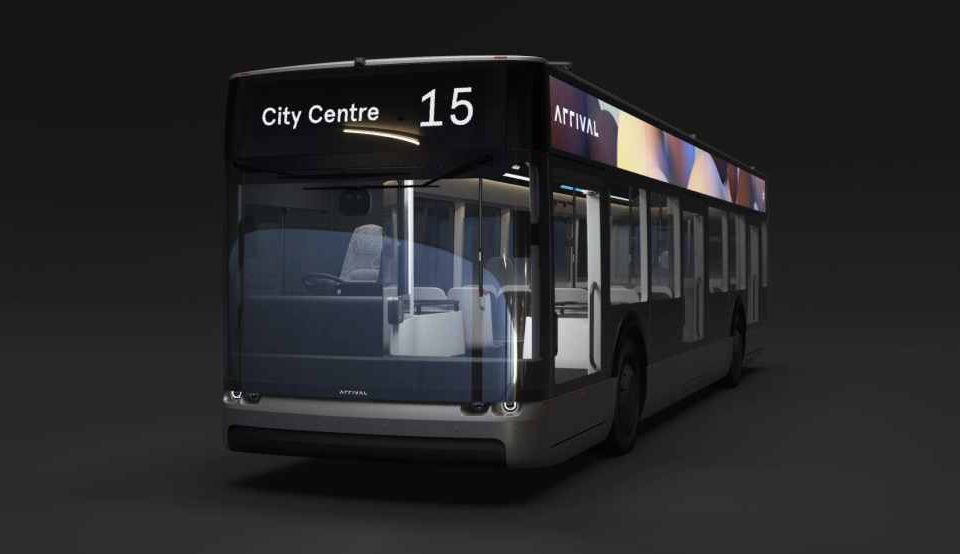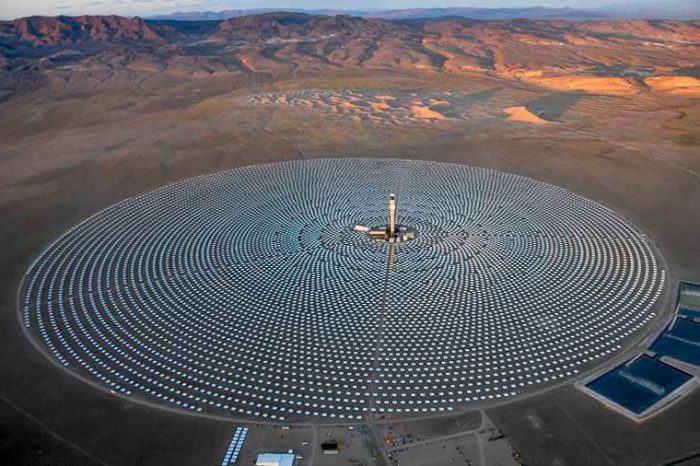UK electric vehicle startup Arrival is going public through a SPAC at $5.4 billion valuation

A month ago, we wrote about Arrival when the London-based electric vehicle startup raised $118 million from BlackRock to provide zero-emission mobility solutions for cities. Now Arrival is one of the latest tech startups to join the “SPAC” craze. Yesterday, Arrival announced it’s going public through a merger with a U.S. blank-check company, CIIG Merger Corp.
According to the announcement, the London-based Arrival is set to combine with CIIG Merger Corp in a deal that gives Arrival an enterprise value of $5.4 billion, with the combined company expected to raise a total of $660 million. CIIG Merger Corp is a SPAC set up by U.S. businessman Peter Cuneo. Cuneo previously ran the American personal care brand Remington and comic book publisher Marvel as CEO.
A SPAC is a shell company or blank-check company that raises money through an initial public offering to buy an operating entity, typically within two years. Arrival is not the only company going public through SPAC. Last month, we wrote about Momentus after the space transportation startup filed to go public through a SPAC with a near $1 billion valuation. Momentus is a Silicon Valley-based space startup that provides in-space flights for satellites between orbits. Nikola, another EV startup, went through SPAC before been mired in controversy amid allegations of fraud.
Founded in 2015 by Denis Sverdlov, Arrival is a competitor to Rivian, another electric vehicle startup backed by Amazon. Arrival develops a generation of two electric vehicles. The company develops software, materials, components, and scalable skateboard platforms and its micro-factories allow them to make vehicles and adapt to any mobility ecosystem. So far, Arrival has received a massive order to the tune of 10,000 vehicles from U.S. parcel service UPS, which is also an investor in the company. Arrival is backed by BlackRock, Hyundai, and Kia.
Arrival is reinventing the automotive industry with its entirely new approach to the design and assembly of electric vehicles. The company’s new method uses low CapEx, rapidly scalable Microfactories that can be placed anywhere in the world to serve the regions they are located in. These Microfactories, combined with proprietary in-house developed components, materials, and software, enable the production of best in class vehicles that are competitively priced to fossil fuel variants. This transformative approach reduces the costs of production and emissions of shipping and does not require a massive upfront investment, creating strong unit economics for the whole of Arrival’s product portfolio, including its electric van and bus announced earlier this year.

